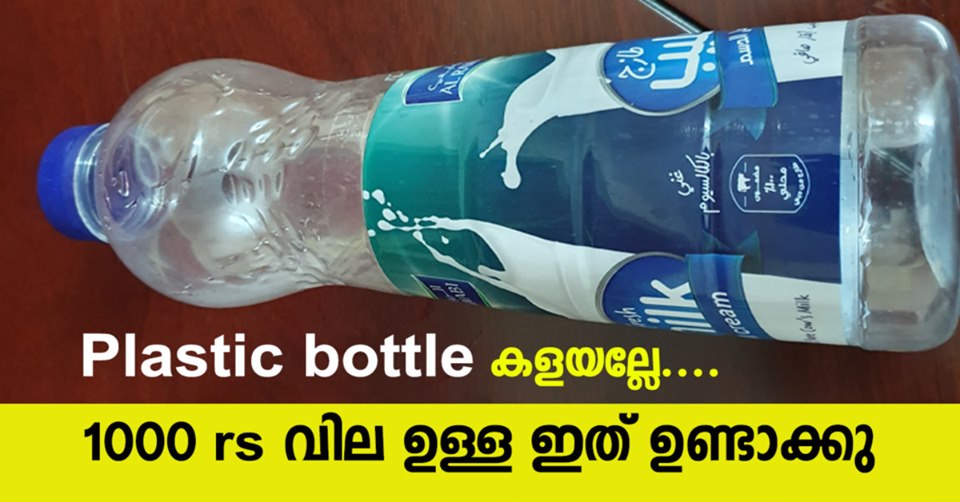The Dangers of Reusing Plastic Bottles

Most styles of plastic bottles are safe to reuse at the least a few times if well washed with hot soapy water. However, current revelations approximately some of the poisonous chemical substances found in Lexan (plastic #7) bottles are sufficient to prevent even the maximum devoted environmentalists from reusing them—or buying them in the first location.
for watch detailed video about Reuse Plastic Bottles, see below. for getting daily updates follow our facebook page and click see first option in following button. if you interested this. give this post to your friends and relatives.for more videos, subscribe now Needle BoX
Studies endorse that foods and drinks saved in such packing containers—inclusive of the ones ubiquitous clear water bottles striking from pretty much every hiker’s backpack—can comprise hint amounts of Bisphenol A (BPA), a artificial chemical which could intrude with the body’s natural hormone messaging device.
Reused Plastic Bottles Can Leach Toxic Chemicals
Repeated re-use of plastic bottles—which get dinged up thru ordinary wear and tear at the same time as being washed—increases the hazard that chemical compounds will leak out of the tiny cracks and crevices that increase within the packing containers through the years. According to the Environment California Research & Policy Center, which reviewed a hundred thirty studies on the subject, BPA has been related to breast and uterine cancer, improved chance of miscarriage, and decreased testosterone degrees.
BPA can also wreak havoc on youngsters’s growing structures. (Parents beware: Some child bottles and sippy cups are made with plastics containing BPA.) Most experts agree that the quantity of BPA that would doubtlessly leach into food and drink through everyday handling might be very small. Nevertheless, there are concerns approximately the cumulative effect of these small doses over time.
Why Plastic Water and Soda Bottles Shouldn’t Be Reused
Health advocates recommend against reusing bottles crafted from plastic #1 (polyethylene terephthalate, additionally referred to as PET or PETE), such as most disposable water, soda, and juice bottles. According to The Green Guide, such bottles can be safe for one-time use but reuse need to be avoided. Studies indicate that the bins may also leach DEHP—any other likely human carcinogen—while they’re structurally compromised and in much less than perfect situation.
Millions of Plastic Bottles End Up in Landfills
Every year, clients undergo thousands and thousands of plastic bottles. Fortunately, those bins are smooth to recycle and just about each municipal recycling system will take them returned. Still, the usage of them is a ways from environmentally responsible. The nonprofit Berkeley Ecology Center found that the manufacture of plastic #1 not most effective makes use of massive amounts of power and assets however also generates toxic emissions and pollution that contribute to global warming. And despite the fact that PET bottles may be recycled, hundreds of thousands of them locate their manner into landfills every day inside the United States alone.
Incinerating Plastic Bottles Releases Toxic Chemicals
Another awful preference for water bottles, reusable or otherwise, is plastic #three (polyvinyl chloride/PVC), that may leach hormone-disrupting chemical substances into the drinks stored in them and additionally launch artificial cancer agents into the environment while incinerated. Plastic #6 (polystyrene/PS) has been shown to leach styrene, a probable human carcinogen, into food and drinks as well.
Safe Reusable Bottles Do Exist
Plastic bottles are not the best reusable containers available to clients. Safer alternatives consist of bottles crafted from HDPE (plastic #2), low-density polyethylene (LDPE, or plastic #4), or polypropylene (PP, or plastic #5). Aluminum and stainless steel water bottles, which includes the ones you will find at online stores and in lots of brick-and-mortar herbal food markets, are safer picks that can be reused again and again and subsequently recycled.
